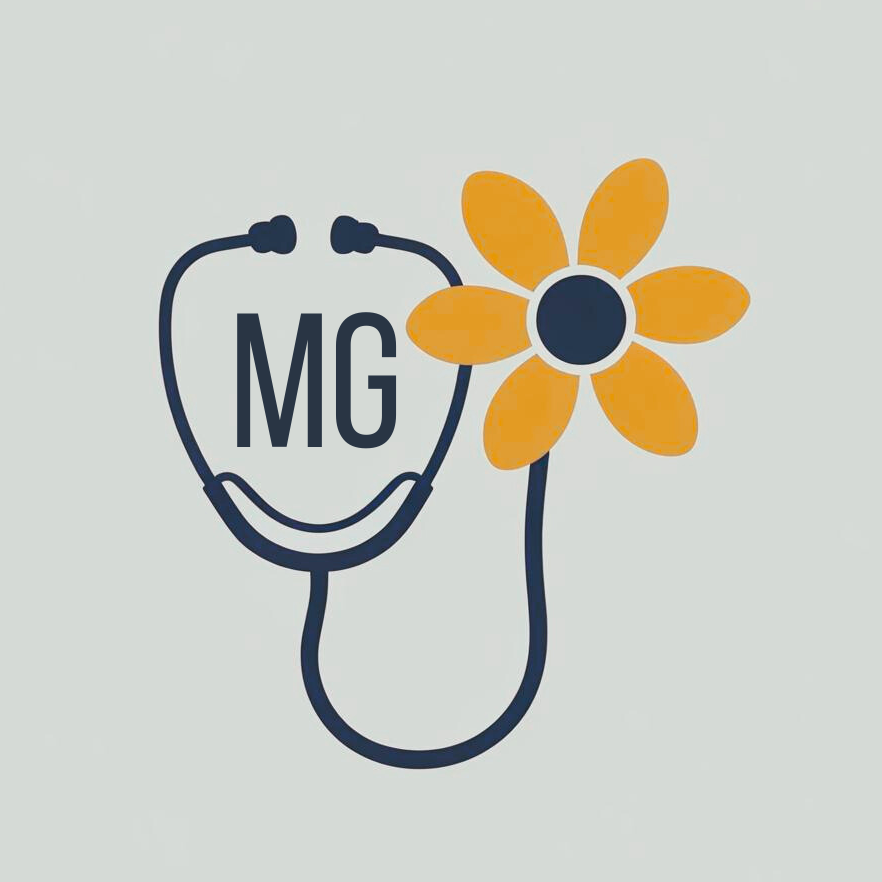You know that tense, anxious feeling.
It’s the feeling that creeps up on you with an impending deadline or tough conversation; the one that puts a pit in your stomach and a pain in your neck. Like you’re ready to run for your life, it sends your pulse flying and your breath heaving.
You’re stressed.
Me too, at least sometimes. Everyone has at some point, but it’s not necessarily a bad thing.
SOME STRESS IS GOOD
Stress is not innately bad. Evolutionarily speaking, the “fight or flight” stress response has kept our ancestors alive in the face of threats so that we may live today. Your muscles tense and your heart pounds. Your breath quickens and your blood pressure rises. Your body prepares itself to use its maximum strength and stamina to survive the feat in front of you.
Most of us aren’t fighting wild animals every day anymore though, making the physiological advantage of stress less valuable as civilization advances. Deadlines and commitments generally aren’t helped by physiological conditioning, unless it’s for a marathon.
Nevertheless, having early life stress has been shown to be a predictor for greater resilience in later life, which may lead to better health and wellbeing.
Stress can also boost task performance and general alertness. According to the Yerkes-Dodson law, increased physical or mental arousal caused by stress also increases human performance to a point. With this in mind, when your boss gives you extra work in hopes of boosting productivity, can you blame them?
Maybe…
TOO MUCH STRESS IS BAD
While some stress can bolster productivity, too much has the opposite effect. The Yerkes Dodson Law is actually a bell curve. Once you reach a point of peak productivity resulting from optimal arousal, any more stress can tip you over the top. From there, anything else on your plate will just make things worse.
Chronic stress can lead to some serious health problems too. It irritates your bowels, suppresses your immune system, and destroys your brain’s memory center. It’s even associated with cardiovascular disease, the number one killer in the United States.
Though some stress early in life may have benefits to resiliency, adverse childhood experiences (ACEs) can be crippling to someone’s well being.
Abuse, neglect, and household dysfunction are the genres of ACEs. Children exposed to these may have inhibited bran development and immune systems. Later in life, they often struggle to form healthy relationships, maintain steady work, and suffer from incessant depression.
The more ACEs you have, the more likely these effects are.
The first step to preventing ACEs is understanding them. You can see strategies for preventing ACEs published by the CDC on their website.
DON’T STRESS! TAKE A BREATH
“Okay, but after reading that how can I not be stressed?”
You could try a breathing exercise! One that I do is the 4-7-8:
Breathe in for four…
Three…
Two…
One…
Hold for seven…
Six…
Five…
Four…
Three…
Two…
One…
Exhale for eight…
Seven…
Six…
Five…
Four…
Three…
Two…
One…
Try to evenly disperse your breath throughout both your inhale and your exhale. Do this a few times and see how you feel!
There are plenty of other methods you can try– do whatever works for you.
There are also plenty of apps nowadays geared towards decreasing stress and increasing mindfulness. I’ve used Headspace quite a bit and have found it superbly helpful for practicing meditation techniques and honing concentration.
Mindfulness-based stress reduction (MBSR) is another evidence-based option that has been shown to help with stress, depression, anxiety, and chronic pain. Inspired by Zen Buddhist mindfulness meditation practices, it’s now often taught through a secular 8 week course with a group. If you’re interested there are some programs online or you can look for local options in your community.
If you feel that stress is seriously impeding your life, or if you just want to look for an outlet, you can also consider one on one therapy. I personally believe that everyone could use therapy at some point. If you can, give it a shot.
DESTRESS IT YOUR WAY
All of the gunk associated with stress makes me want to set up a hammock on the beach for the rest of my life. That’s not really feasible, but hopefully some of these approaches can help in the meantime. There are also plenty of other sources of stress relief, whether it’s working out, being with friends and family, or otherwise taking time for yourself each day.
As with many things, it’s whatever works best for you that matters. Live a happy, stress-managed life the way you see fit.

